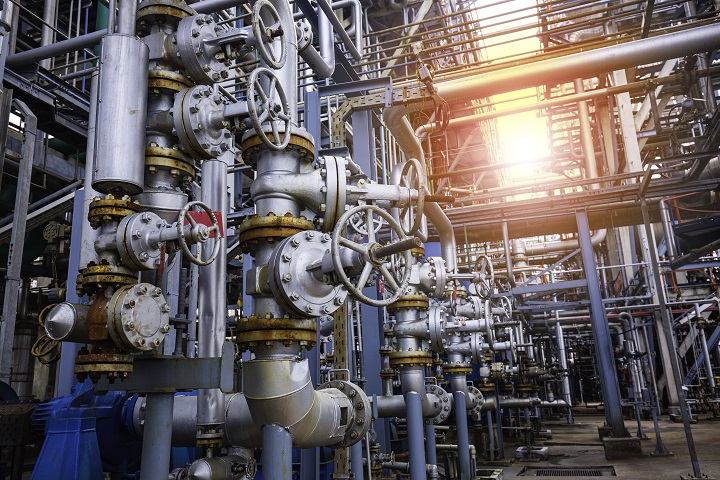 Selecting pipes for industrial plants is a daunting task to do. Only some people can choose the piping material correctly. Only expert process engineers and metallurgists have the qualities to choose the right ones. To ensure secure industrial works, experts must select a well-designed piping network.
Selecting pipes for industrial plants is a daunting task to do. Only some people can choose the piping material correctly. Only expert process engineers and metallurgists have the qualities to choose the right ones. To ensure secure industrial works, experts must select a well-designed piping network.
In this system, the pumps trigger the energy exchanges and help continue the transportation system regardless of its discharge and service types. If you want to purchase quality pipes for your projects, contact industrial pipe suppliers immediately.
Selecting a Piping System is a Little Bit Complicated
Remember that pipe selection is essential not only for production purposes but also to maintain its safety. The quality piping system allows fluids to be transported from one place to another while maintaining temperatures and pressure. Industrial pipe suppliers mainly focus on several important factors while selecting the pipes. The following are:
- The type of the plant
- The nature of the liquid
- The overall cost
What are the Economic Requirements That Industrial Pipe Suppliers Focus On?
Regarding economic benefits, the piping experts mainly consider a few criteria – cost and return on investment. Talking about costs, there are two types of prices – energy cost and diameter.
Mainly transporting and pumping fluids impacts energy costs. There is a fact that companies must know that material cost becomes higher when the diameter increases, but the energy cost reduces. Also, the maintenance cost decreased.
Outdoor Environment is Also an Important Key Factor
- Heat
Most industrial pipe suppliers apply a protective sheath on the piping product to prevent the adverse effects of excessive heat.
- Environmental Conditions
Various harmful environmental elements such as salt water, ultraviolet rays, dust and pollution decrease the quality of pipes and quicken the chances of wear and tear. Therefore, piping experts should evaluate these conditions and take necessary steps to prevent such hazardous events.
- Abrasion Resistance
If the pipes get rubbed with other metal parts, they get damaged easily. Therefore, it would be best if the experts utilized quality pipes coated with protective layers.
- Bending Angles of the Industrial Pipes
Bending radius is another significant element affecting the overall qualities and outcome. That’s why clients choose industrial pipes very carefully. While selecting the piping system, the professionals should see whether the pipes come with the SAE J343 standard. It is referred to as the minimum bending angle. The pipes may burst during fluid transportation if they do not maintain this standard.
- Wall Thickness of Pipe
The professionals also consider the thickness of the walls of the pipes. Generally, they determine the thickness by mentioning std, xs, wt and XXS and define weight schedules as ASTM A53.
Want to Know More?
Apart from these factors, piping professionals also consider other things, such as piping end connections, joint efficiency and service limitations. All these key elements contribute to the fact of whether the piping system will work well or not.
Consult with professional industrial pipe suppliers about them and then choose the best pipes for your projects. If you still have queries, contact your professional and reliable pipe supplying company – International Pipe.
